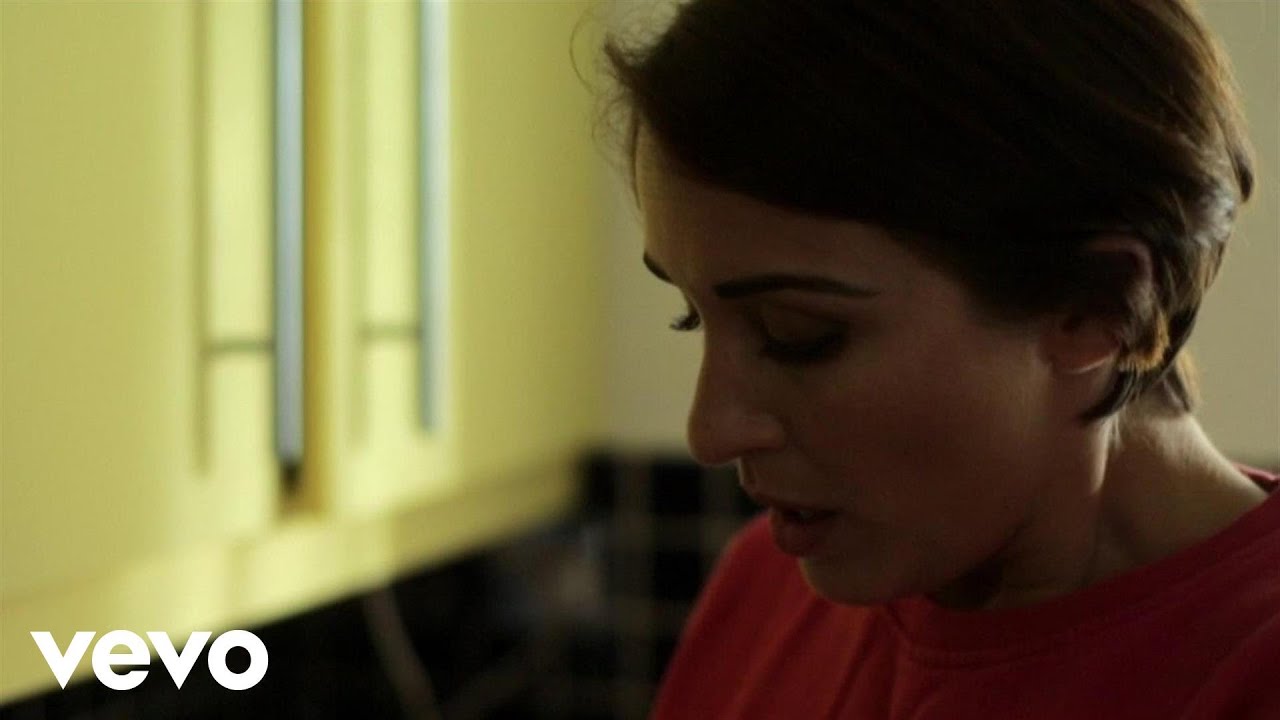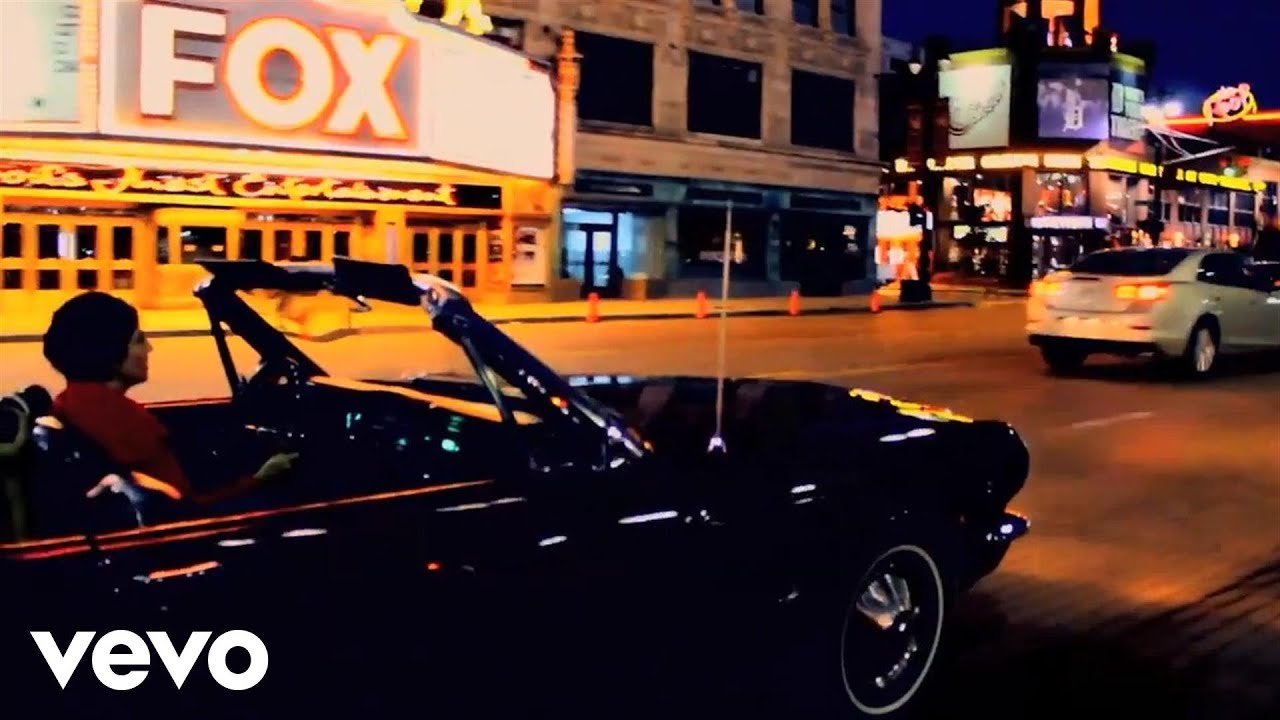I’m sat opposite Sharleen Spiteri clutching a mug of her dad’s famous mulled wine goshing over her live performance. There was a time when she refused to be interviewed alone: "As a woman they always try to pull you away from the band and they always try to separate the two, they never try to do that with male artists." The non-solo interview was her way of stamping Texas as a band.
Today, however, 25 years from the beginning she’s more comfortable with fully fronting Texas and appears every bit the confident, out spoken, high-energy person her public persona suggests. The British rock band have been a way for eight years; 2013 has seen them break the lengthy hiatus with the release of their new album, Conservation.
Texas rely on being unpredictable – to the fans and sometimes to themselves, so much so that Sharleen once turned down a duet with legend, Smokey Robinson, who she worships, because "it was what people were expecting".
Texas have a lot of these epic moments to share and Sharleen is very much in a storyteller mode – it’s a trait she developed after spending years making up stories with her granddad, and one which plays a huge part in her songwriting. Our interview which was scheduled to last a few minutes turned into dinner with the band and a rock history lesson, which I can’t possibly complain about because I heard tales of their time with Wu Tang Clan, watched Sharleen impersonate Tina Turner, Grace Jones and Ol’ Dirty Bastard and witnessed their family dynamic.
How are things different now, in the Conservation era from the beginning?
Sharleen Spiteri: When you first start out, you think you’re really punk and you think you’re anti-establishment and that it doesn’t really matter what everyone else thinks but the truth of the matter is that you are really bothered [by what they think]. It isn’t until you’re old, like my age, that you truly become punk, that’s when you truly don’t give a fuck. You can say that’s the case when you’re young but there is always a peer group that you do give a fuck about. If someone from NME or Melody Maker said something bad [about us], I’d have been in bits but now I’m like, "Like I give a fuck."
But I think it also has to do with the fact that you have sold 35 million albums that gives you some backing to not care.
SS: It can work two ways: it gives people an arrogance, like "I don’t need you, I don’t need work", [but] you always need somebody. Without your audience to buy your records you don’t exist. I know when I stand on stage and look out to that audience that those people have allowed me to do what I love, they’ve continued to support us throughout the years – in the times when the media didn’t give a shit, those people have still gone out and bought the record. They’ve allowed me the moment to come back… [even after an] eight-year-gap, those people have allowed us to continue.
Why did you guys decide to take that hiatus? Was it that it took eight years to make this record or did you just take a big break?
SS: It was a conscious decision to take a break, because we had sold so many records, done so many gigs, done so much TV, you know, there was a point where you couldn’t turn on the television and Texas wouldn’t be on it. And it got – we could feel the public kind of going, "We like you but we’ve kind of had enough." So we said okay – some people would say we’re crazy but we went, "OK, let’s back off" – give the public some breathing space. We didn’t expect to take eight years though.
What happened?
SS: We took the break then my relationship with my long-term partner broke up, it was very public, he had a couple of affairs it was all over the news. I found out through the newspapers –well the newspapers came to me. I never experienced anything like that, so I found that very difficult.
Jonny and I had started writing but I just wanted to climb in a hole and lick my wounds – the last thing I was thinking about was music. So we started writing and it was obviously not going to be a Texas record. I never ever thought I would write such personal songs but what I found was that there was a sound and a femininity about [the Melody album] that was not going to be Texas.
Just as we were about to make the album [after Melody] I got a phone call from Phil Ramone, the producer who worked with Frank Sinatra, asking if I wanted to make The Movie Songbook. So I went to the band and said, "Guess what…"
After that album we were like, "Right, the Texas album [The Conversation] is getting made!" but then I got the phone call saying that Ally [McErlaine] had suffered a brain aneurysm. The only time we really thought Texas was finished was when Ally came out [of hospital], we just assumed he’d want a peaceful life and it’s not Texas without Ally. So when he said, "No, I want to go on tour." We were like "Really?"
Was there ever a point during the making where you thought, "What are we doing? We’ve been away for so long how are people going to respond?"
SS: No, you’re blind. It wasn’t till the week it came out that I suddenly went, "Oh shit! It’s real."
So, the new album The Conservation, it has a rollercoaster feel to it. There is a continuous change in the tempo, it makes it hard not to pay proper attention to the music and the lyrics…
SS: It’s an intentional thing because I love albums. I get really nervous about the fact that the album may disappear. I know when someone puts a record on, they never like track five. They are always like, "Yeah, whatever" and then three weeks later they’re like, "Oh My God, I love track five." It’s never going to be a single but it’s the song that holds everything together. I think albums are so important, I think they are really important for bands. The reason, we have a 25 year career behind us is because we have catalogue. Catalogue is good; if you don’t have it, you don’t have jack shit. Say you’re an artist and you have six albums and you can only pull one song off each, then you kind of only have people knowing six songs.
So you made it that way to draw attention to your stories?
SS: Yes.
‘Dry Your Eyes’, the third single on the album, was inspired by a night of wine drinking and girl talk. What are some of the other things that inspired other songs on the album?
SS: The Conservation album was written from hitting a certain age with my friends and suddenly having the whole moment of, "Ah, I never thought I’d need to make these decisions in my life." I had friends that had become disillusioned with their lives and jobs. They’d always done the same job and then suddenly they were like, "I don’t want to do this anymore, I want to go do a degree in art, but if I do that I quit my job and then we lose this amount of money and that income will be removed from the family and we’d have to change the way we live." It’s about looking at the bigger picture because when its just you, you kind of go, "Ah, fuck it I’ll live on toast." But it’s not the same thing thinking you’ll let your children live on toast.
The Conservation was written on all those late nights with women putting the world to rights; being non-judgemental about a situation your friend is in but being there for her.
When you were making the record there was no record label involved, why did you make an album without that backing?
SS: We didn’t need it. Financially we didn’t need that. We have our own studio so we’re self-sufficient.
So why PIAS?
SS: They understood what we wanted to do and they genuinely seemed to love the record and seemed to like music a lot. They get it, they care. If we’d re-signed to Universal, we’d have been the shit on the shelves; as soon as a Gaga record or Rihanna record came they’d be, "Goodbye Texas, hello Rihanna." They don’t give a shit about Texas. And there is nothing more soul destroying than when you make a record and you put your all into it and they don’t give a fuck.
I went to the show in Manchester and it was packed and the energy was incredible. How does it feel to still have that effect?
SS: I always felt unbelievably confident [about selling out venues], I don’t know if I was delusional, but I had got into five million taxis and there are five million taxi drivers going, "Alright Sharleen, how you doing, when you making a new record?" We could feel the rumbling from the public.
So what next? What can we expect for the 25th anniversary?
SS: Our plan is to do some really special things. We want to do things people will not expect us to do.





